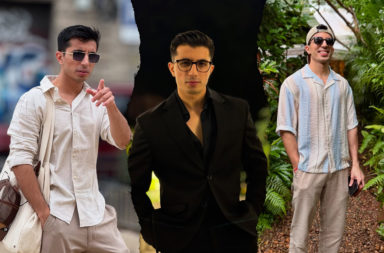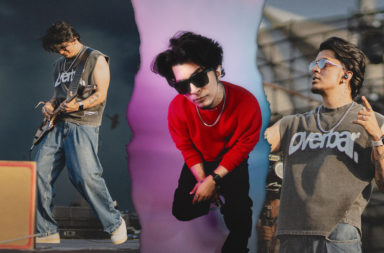In an unprecedented move, an AI-generated collaboration titled Heart on My Sleeve by Drake and The Weeknd has been submitted for consideration at the 66th Grammy Awards. What’s causing a stir in the music industry is that neither of these Canadian megastars had any involvement in the creation of the song.
The mastermind behind this digital sensation is none other than an anonymous human known as Ghostwriter. Ghostwriter is boldly seeking the music industry’s most prestigious accolade for a track that marries computer-generated vocal performances with human songwriting. Defending this audacious submission, Recording Academy CEO Harvey Mason Jr. emphasised, “As far as the creative side is concerned, it’s absolutely eligible because it was written by a human.”
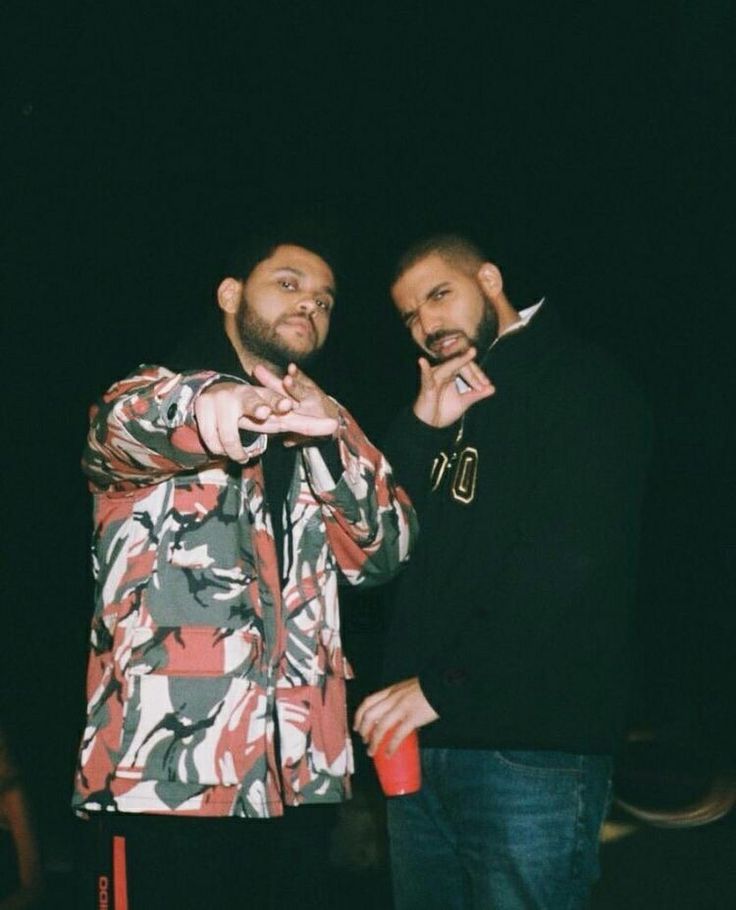
Heart on My Sleeve has been entered for consideration in two significant categories: Song of The Year and Best Rap Song. While the lyrics were indeed meticulously crafted by Ghostwriter, the vocal performances were entirely generated by artificial intelligence.
Also Read: Google Chrome Gets A Fresh New Look, Ahead Of Its 15th Birthday
However, one major roadblock looms over Heart on My Sleeve – the Grammys’ requirement for generation distribution. In other words, songs must have a broad release, made available through various distribution channels. After an initial appearance on YouTube and streaming platforms, the track mysteriously vanished, courtesy of takedown notices issued by Universal Music Group, the record label representing both Drake and The Weeknd.
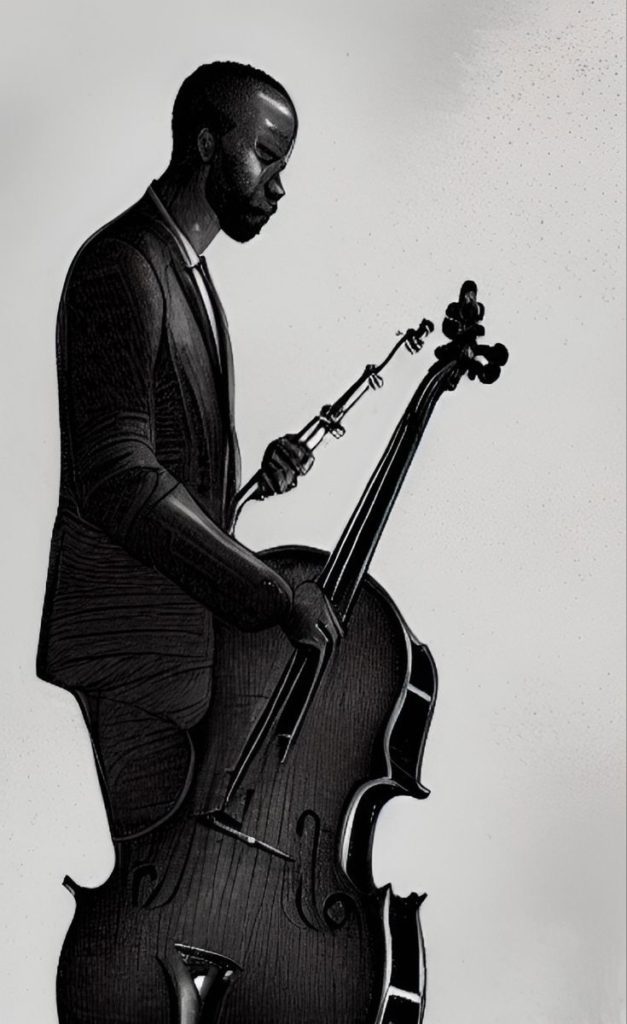
This peculiar situation has ignited a spirited debate over the eligibility of AI-generated content for Grammy recognition. Earlier this summer, the Recording Academy sought to clarify its stance on AI-generated music, emphasising that these awards are intended to celebrate human creativity. Songs with “no human authorship” are, by this definition, disqualified. Nevertheless, assistive AI, like that used by Paul McCartney to enhance an old John Lennon vocal track, remains firmly within the realm of eligibility.
Harvey Mason Jr. offered further clarification, stating, “It’s the human award highlighting excellence, driven by human creativity.” The controversy swirling around Heart on My Sleeve serves as a poignant reminder of the evolving relationship between technology and the music industry. It leaves us all pondering the future of music creation and recognition in an increasingly digital world.
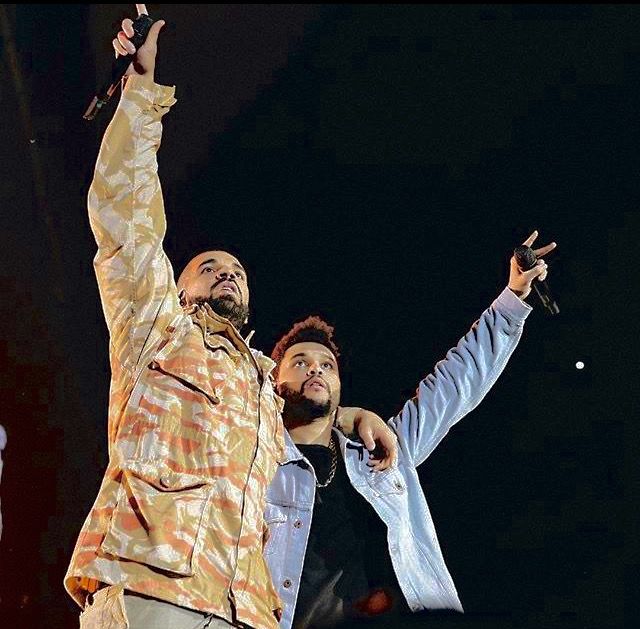
Celcmr
As the music industry grapples with the implications of AI-generated music entering mainstream awards like the Grammys, it’s clear that the intersection of technology and creativity is a topic that will continue to evolve and redefine our understanding of artistic expression. The story of Heart on My Sleeve by Drake and The Weeknd will undoubtedly serve as a touchstone for this ongoing discussion, prompting us to ask fundamental questions about what it means to create and appreciate music in the 21st century.

